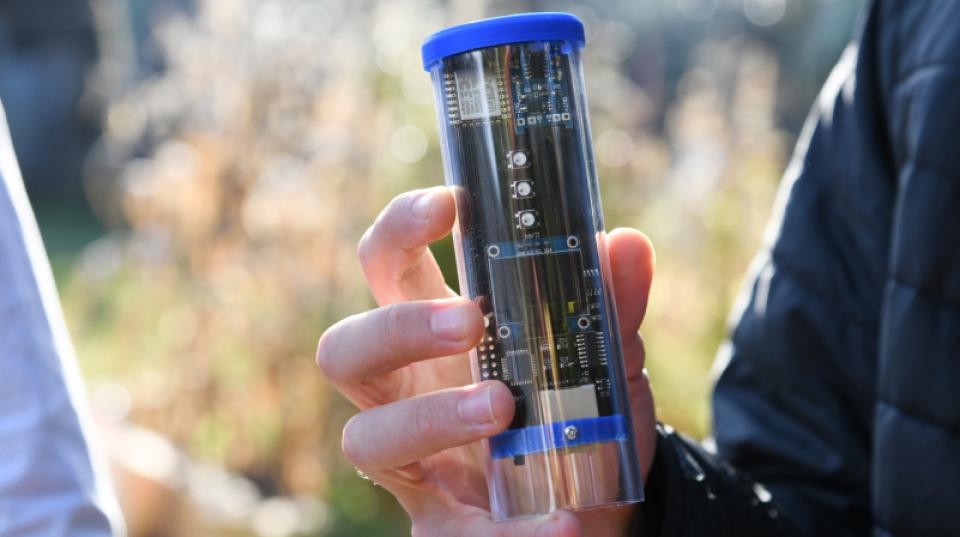Overview
Lao PDR and Cambodia are among the most vulnerable countries to climate change in Asia. Their vulnerability arises out of a combination of socio-economic factors (very low institutional and community capacity to adapt) and their high exposure to climate risks (flooding in floodplain areas of the Mekong basin; increased drought frequency more generally). Another feature is their dependence on large areas of rainfed, rice-based cropping systems to provide the mainstay of food security. This is in contrast to fully irrigated rice-based cropping systems in other rice-producing countries (e.g. Vietnam, Thailand, Bangladesh), which have a much lower inherent risk of crop failure because of more certain access to irrigation water. Rice is the main staple crop in both Lao PDR and Cambodia. With a forecast increase in the variability of the frequency and of the timing of rainfall through the wet season, rainfed farming systems are challenged not only to maintain productivity in an environment of global change, but also to increase rice production to match expected population growth.
The ACIAR-funded project Developing multi-scale climate change adaptation strategies for farming communities in Cambodia, Laos, Bangladesh and India (LWR/2008/019; the ACCA project) was initiated to build adaptive capacity in rural communities in Lao PDR and Cambodia (and in India and Bangladesh) by demonstrating successful, locally relevant adaptation options to climate change. Under the ACCA project successful wet season field trials in 2011 and 2012 identified that the use of mechanised rice establishment tools in Lao PDR and Cambodia had potential to reduce farmers’ exposure to climate risks, improve farmers’ adaptive capacity and were locally appropriate and attractive interventions. These comprised wet seeding onto puddled soil using drum seeders imported from Indonesia and Vietnam in Cambodia, and dry direct seeding using a power-tiller mounted drill machine to direct seed rice into field moist, tilled soils, mainly in Lao PDR.
The ACCA-SRA was developed to ensure a continuation of wet season on-farm testing of mechanised rice establishment options in Lao PDR and Cambodia and to provide opportunities to refine these methods of rice establishment in order to reduce exposure to climate risks in rainfed lowland rice producing environments.
Overview
Farmers are attracted to the potential labour savings of mechanised rice establishment compared to traditional transplanting practices. In Lao PDR, gross margin analyses of results show that, where weeds are well controlled, dry direct seeding can provide economic benefits of up to 22 per cent over puddled transplanted rice due to reduced labour requirements. Similarly, strong economic gains were found for drum (or wet) seeding compared to traditional transplanting practices in Cambodia. Additionally, mechanised planting tools have the potential to reduce farmers’ exposure to risks associated with increased climate variability and change by avoiding early season and terminal drought stress.
Information and training materials have been produced and used in farmer field days and training and exposure events in Savannakhet, Attapeu, Saravane, Khammouane and Vientiane Provinces. The learnings from this project underpinned contributions from the research team into training manuals on dry direct seeding in Lao PDR produced and disseminated by the Sustainable Natural Resource Management and Productivity Enhancement Project which was funded by the International Fund for Agricultural Development.
The project has clearly demonstrated the technical and economic feasibility of both dry and wet direct seeding in Lao PDR and Cambodia. The outcome is ongoing high degrees of enthusiasm and interest from farmers in the direct establishment methods for wet season rain fed rice crops. In both Lao PDR and Cambodia, we recorded a rapidly expanding number of households outside case study areas using the direct seeding technologies. We conclude that the direct seeding technology has a high prospect of adoption and future impact.




